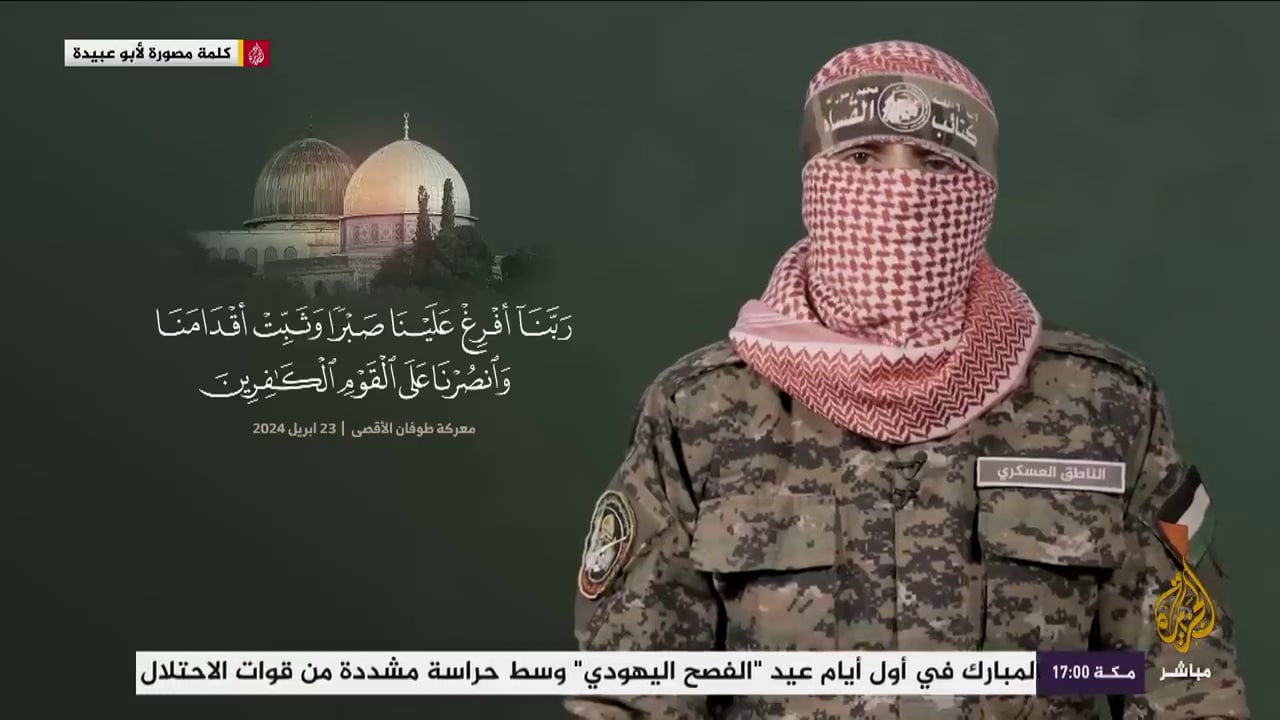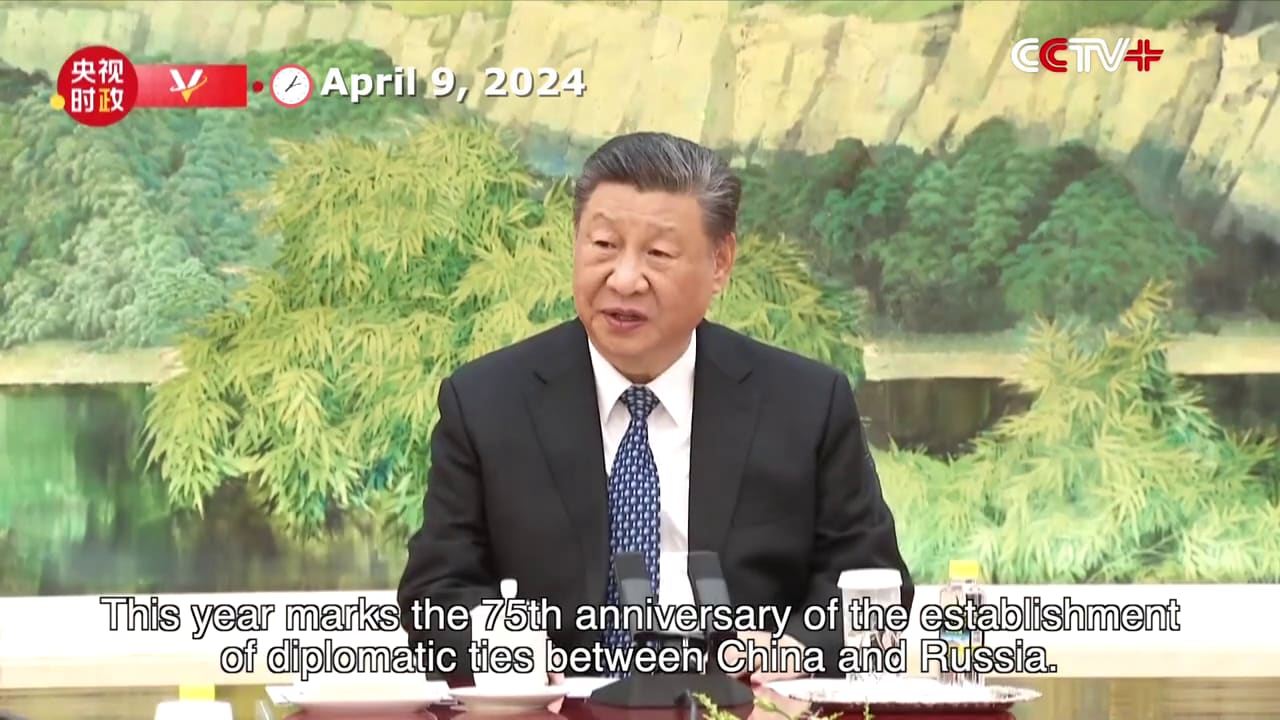
Following are excerpts from an interview with Iranian President Mahmoud Ahmadinejad, which aired on Iranian Channel 2 on January 23, 2007.
Interviewer: Don't you think that by defying the norms, especially regarding the Holocaust, you have caused a new front to be opened against Iran? After all, we were dealing with the nuclear issue and other things, and now there is a new issue. Many people believe that this has led to further pressure on Iran, and to a greater price Iran has to pay.
Mahmoud Ahmadinejad: This is exactly what an active policy means. If the only thing we talk about with everybody is the nuclear issue... The nuclear issue is their problem, not ours. We continue on our own course, in keeping with the regulations and the law, but they feel uncomfortable with Iran becoming a nuclear country. They have a problem with this. So they want to talk to us only about this issue, even though there are many other issues in the world. We should not be restricted to what they dictate to us. They tell us to operate within this framework alone, but we say: "No. You come from far away to intervene in the [nuclear] issue against us, so why shouldn't we intervene [in your affairs]?" We've seen that this issue [Holocaust] was the weak point of the Western front, and we were right to raise this issue. For 60 years, they have been building a certain discourse and a certain political order in the world, based on oppression, exploitation, and the trampling of justice. The question we raised cast doubt about it all.
It is interesting that... I am, after all, a teacher, and not a quarrelsome person. I merely raised a question. It is a question, not a war or a quarrel. Let them respond to it, and say it was one way or another... Either way, they have to respond. But since their claims [about the Holocaust] are basically false, and were meant to design a political rule of hegemony in our region, this issue has become sacred, and they don't let us discuss it. They know that if it faces doubts, this regime will collapse on its own. After all, once its raison d'etre ceases to exist, it will be finished – if not this year, then in three years' time. Ultimately, it will collapse. There is no need for wars or quarrels. It will collapse of its own accord.[...]
[The Americans] think that by applying pressure, they can restrain Iran's influential rule, but they are wrong. Throughout history, other powers have been unable to... Some powers even conquered Iran, but the Iranian people assimilated them and developed again. The [Americans] are unable to do even this. They cannot cause serious damage to Iran.
[...]
Whoever became nuclear was subject to pressure, and the reason is clear. Those who already have nuclear power do not want to share it, and do not want any newcomers. They simply don't. They all faced many difficulties, and some had to accept restricting terms. I don't want to mention names, but some countries had to accept terms so restrictive that they cannot operate freely. We have come this far without accepting any terms. We have not accepted any term. But it is true that there is pressure. The Americans are using pressure now, but they are making a mistake. I think Mr. Bush has made many mistakes, and this is one of his biggest mistakes. As you can see, they are making mistake after mistake in Iraq. We do not want... We really do not want anybody in the world to fall and get hurt.
Interviewer: Dr. Ahmadinejad, don't you think that one of these many mistakes will take place in our region, and that they will attack us in order to evade the crisis in Iraq?
Mahmoud Ahmadinejad: That's not the case. I saw a certain friend [Mohsen Rezai] on your program, saying things that did not correspond with reality. If in management, you do not pay attention to the right information, you will make wrong decisions, from two perspectives: Either you believe [your opponent] is weak, and you make the wrong decision, or else you believe he is strong, and you make the wrong decision. Both cases are bad and dangerous. The [Americans] are not in a position to do such a thing.
[...]
I think there are many wise people in America who would not allow...
Interviewer: But they don't listen to the wise people...
Mahmoud Ahmadinejad: Yes, they do.
Mahmoud Ahmadinejad: They said: "We want to pressure Iran, so that different voices will be heard in Iran, and thus, national unity will be undermined. This would set things right." They are right - if this does happen, that would be the outcome. All our achievements are the result of the people's unity and steadfastness. That is what they want to destroy. That too is psychological warfare. Under no circumstances can they cause us serious damage. Our military experts spend hours analyzing, with great precision, the size of the enemy's forces, its movements, and its military abilities. These analyses all boil down to one sentence, and Ahmadinejad is the one who says that sentence.
[...]
The principal guideline is that we should be nuclear. The decisive policy of the regime is for us to become nuclear. The government and the project's directors are making efforts to achieve this through minimum investment.
[...]
Compared to those who became nuclear before us, we hardly paid any price.
Interviewer: The two U.N. resolutions do not constitute a price?
Mahmoud Ahmadinejad: No, of course not. What price? They issued resolutions. So what? What happened? Nothing. They are trying to issue more resolutions, and we must do our best to prevent this. We must open up new avenues in our economy. Fortunately, these avenues are open. You've seen how many agreements we signed during our visit to South America. Even after the U.N. resolution, we in Iran have signed contracts, worth 20 billion dollars, with countries aware of this resolution. We also signed significant contracts with countries that us to refrain from declaring these contracts, and we said: "OK, we won't go public with them."
[...]
Interviewer: Aren't you concerned at all about the future of the country?
Mahmoud Ahmadinejad: No, I am not. Why should I be? Despite all the internal and external problems, the U.N. resolutions and sanctions... No, I am not concerned, because I know the country very well. I am not claiming that others don't know it, but I know it well: Its history, its people, and its capabilities. I may be the only president who has visited 345 towns and cities in Iran. I sat down and studied each and every town and city – their abilities, their history, their people, their culture, their traditional clothing, their language, their capabilities, their natural resources, and their projects.













